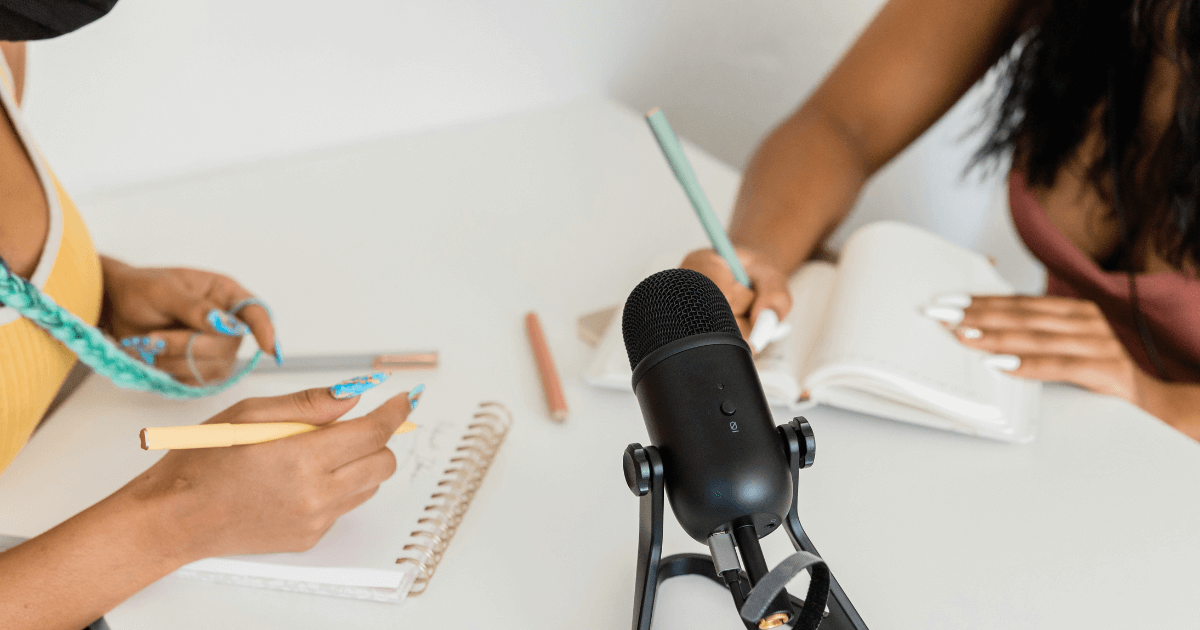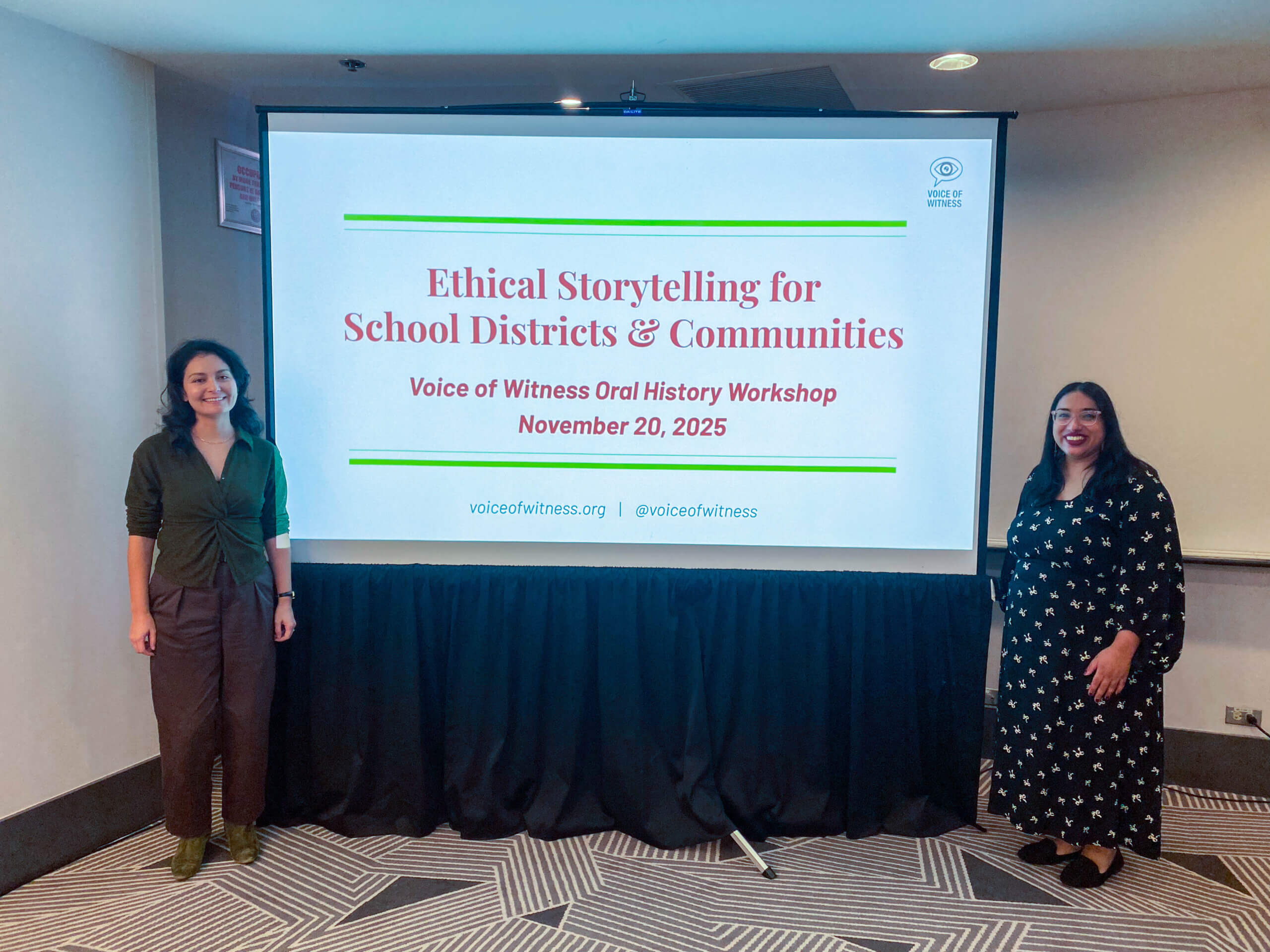by Cliff Mayotte, Education Program Director
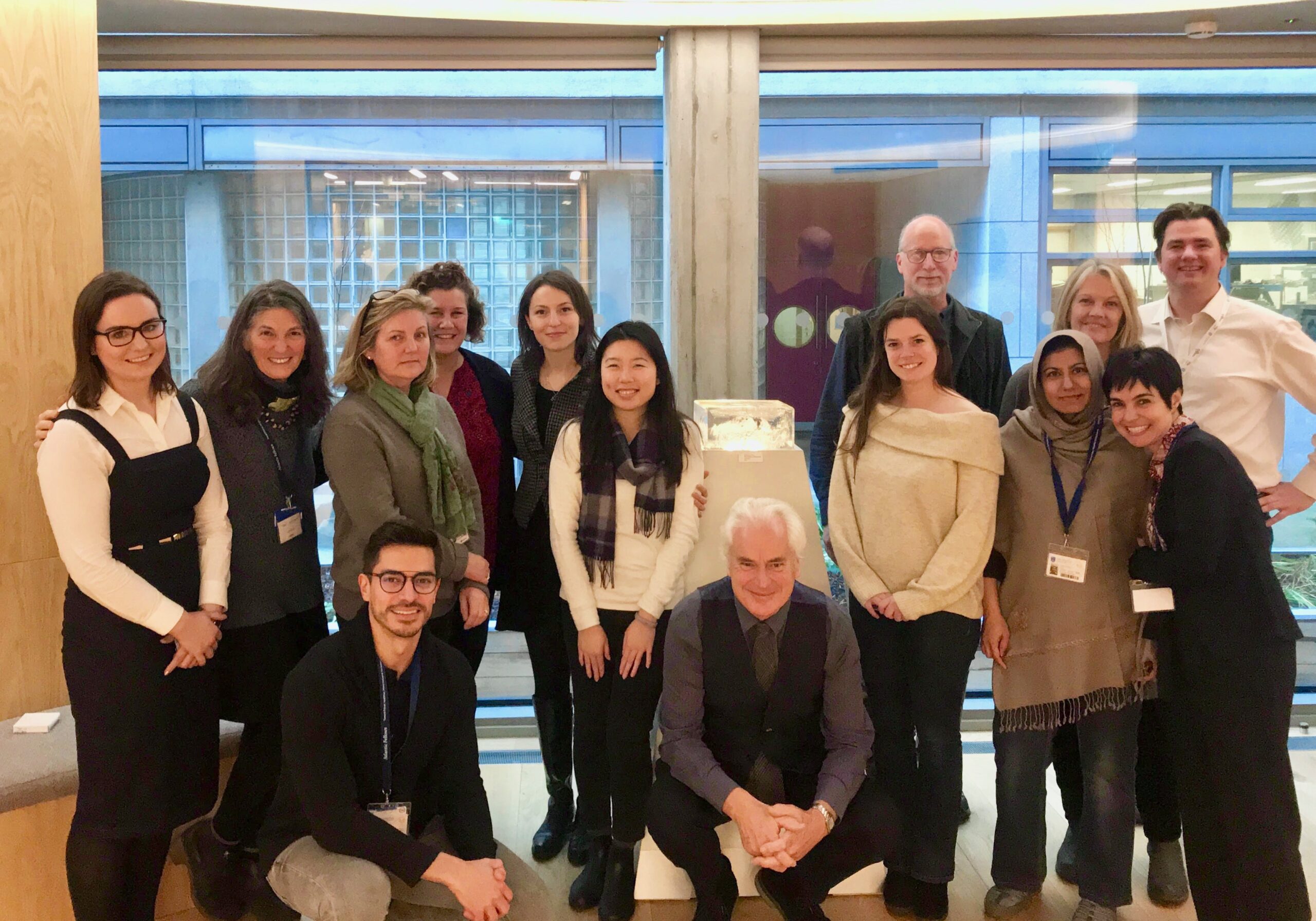
Personal stories are a powerful way to share the rich, multi-dimensional nature of people’s experiences with aging, dementia, and caregiving.
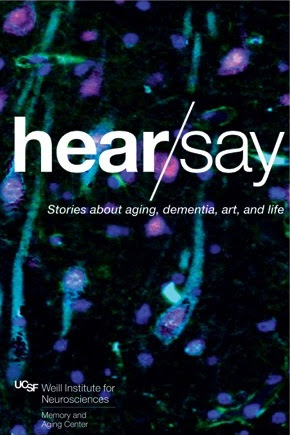
That’s why in 2016, Voice of Witness began a collaboration with the Memory and Aging Center (MAC) at the University of California San Francisco. The goal was to provide oral history training for MAC staff, faculty, patients, caregivers and more to amplify the unheard voices related to aging, dementia, and Alzheimer’s.
Throughout the project, MAC members interviewed patients, caregivers, health care providers, scientists, and artists, about aging, dementia, art, work, and life: what does it mean to age, and what it is like to live with dementia?
The project, and the culminating book came to be called hear/say, and was published in February, 2017.
The oral history process and the book had a profound impact on the MAC community, and with it, a desire to expand the project with the Global Brain Health Institute (GBHI).
As Jennifer Merrilees, a clinical nurse specialist at MAC explained, “These are topics that we don’t often explore in the context of traditional medicine.”
For the second phase of the project, this past year we have been working with GBHI to train their Atlantic Fellows at UCSF and Trinity College Dublin in the oral history process.
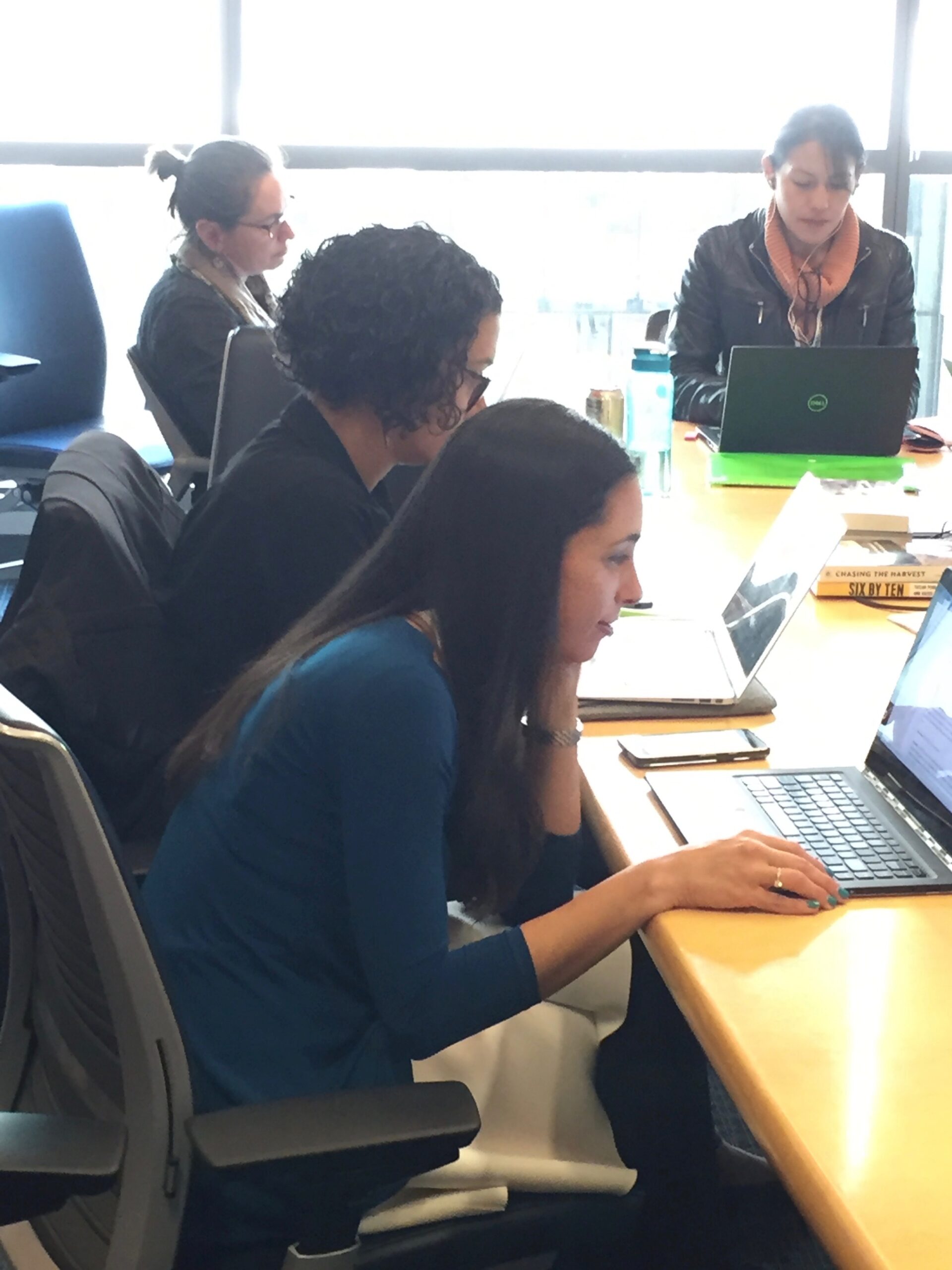
Since some the guiding principles of GBHI include empathy, authenticity, and courage, the training has been a great match with Voice of Witness’s methodology, which includes many of the same principles. We wanted to support the Fellows in using storytelling techniques to enhance how they communicate with patients, families and caregivers, in addition to conducting oral histories on the topic of aging and dementia from a global perspective.
This time, the ensuing oral histories will contribute to the creation of a documentary film written and directed by award-winning filmmaker, Cynthia Stone.
Collecting the multifaceted stories of people facing memory loss and other cognitive issues can be challenging, especially when trying to form a trusting relationship between interviewer and narrator.
With these sensitivities in mind, a major focus of our training centered around creating safe and brave spaces for story sharing within the Fellows’ varied communities. We also practiced new approaches for interviewing without “directed outcomes,” and addressed the power dynamics and ethical considerations that impact the interviewing, editing, and publication process.
We also had the opportunity to discuss the use of oral history as a powerful tool to highlight global inequities in healthcare related to aging and dementia, and inspire action to address them.
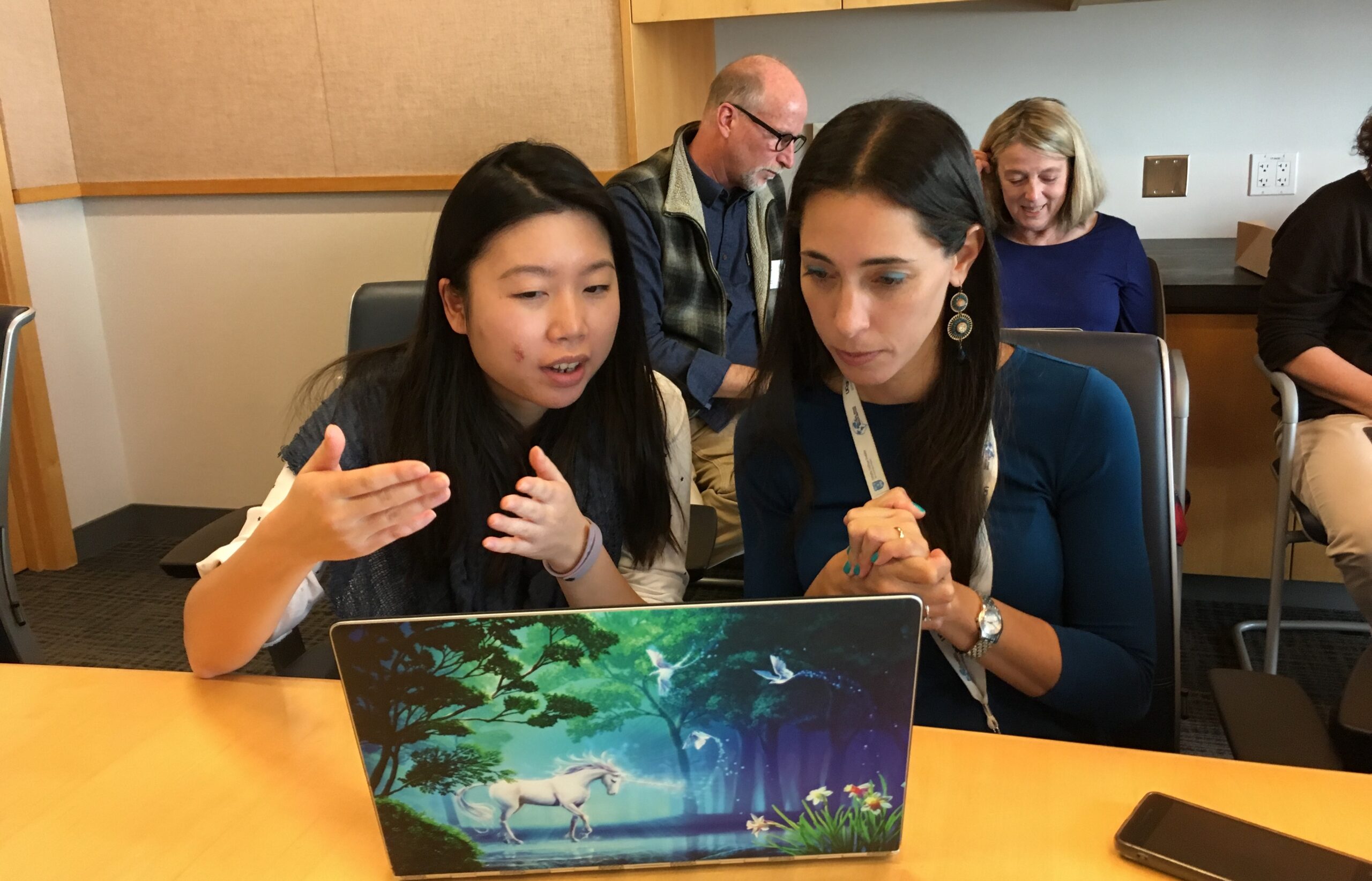
As the Fellows conducted interviews with each other as part of their training, we learned quickly how important oral history and storytelling is in medicine. As doctors, nurses, and caregivers open up the required space for patients to share their stories and experiences, it creates a more empathic and collaborative relationship that greatly informs their diagnosis, treatment, and care.
As the training concluded, it became clear that one of the main goals of the training was being realized. The stories the Fellows shared with each other were both personal and professional, tender, funny, and challenging, and displayed the full range of experiences related to individuals devoted to quality health care, empathy and equity. Now it was their turn to facilitate a process of story sharing in their communities that inspired the same outcomes.
We can’t wait to host a screening of the documentary once it’s complete. We hope these shared stories will help to erode the stigma and fear often associated with dementia and aging, and will inspire hope by illustrating the common human experience shared across cultures around the world.

